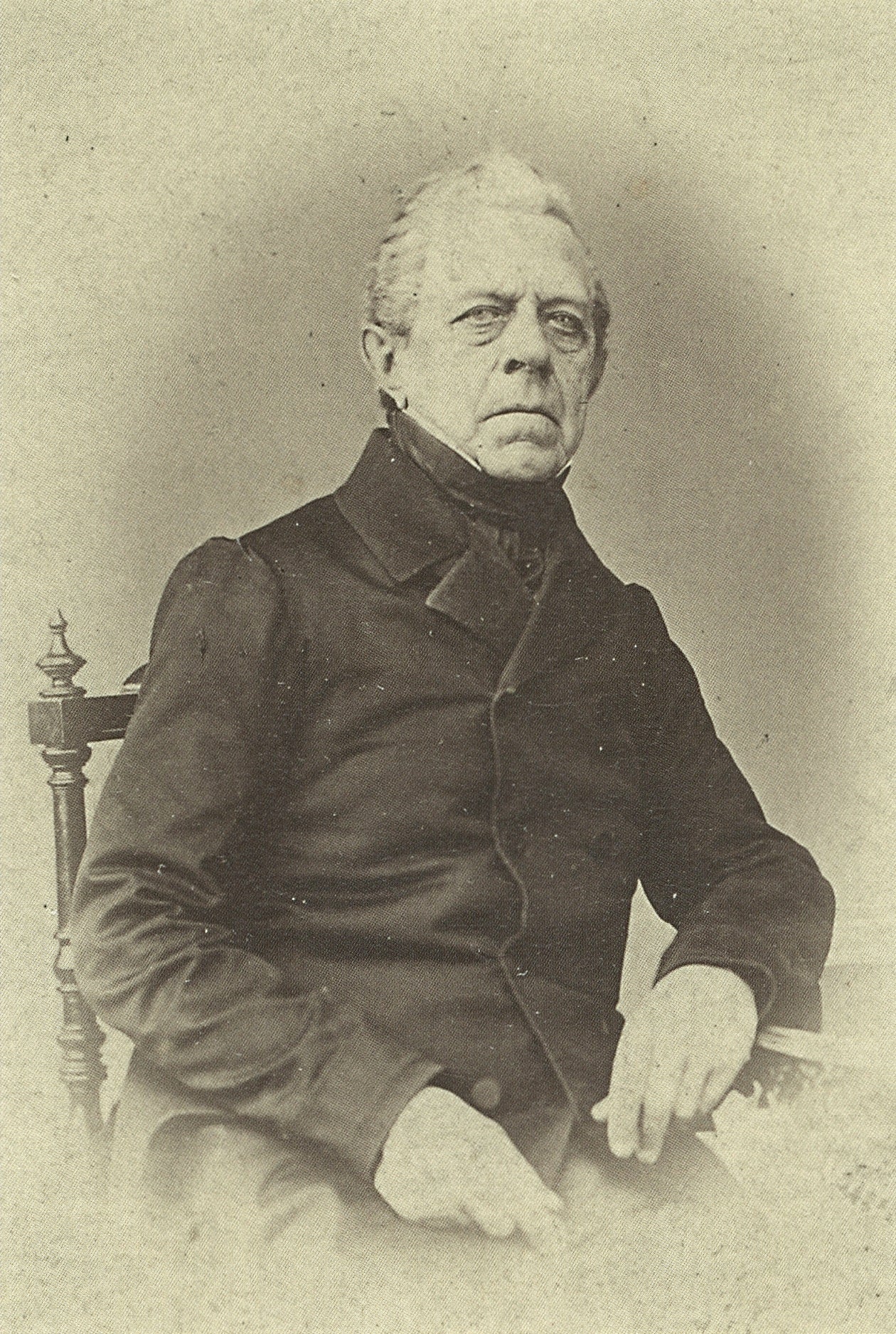
- Select a language for the TTS:
- UK English Female
- UK English Male
- US English Female
- US English Male
- Australian Female
- Australian Male
- Language selected: (auto detect) - EN
Play all audios:
Although he came from a musical family, Swedish composer Franz Berwald had trouble fitting into the musical scene in Stockholm, so in the spring of 1829 he pursued his art in Berlin, where
he wound up in a profession that had little to do with operas and symphonies. In Berlin a friend introduced Berwald to Felix Mendelssohn, who was politely unenthusiastic about Berwald’s new
opera and didn’t particularly care for Berwald either. Before long Berwald was broke, but he somehow borrowed enough to pursue his second great interest–orthopedics. He opened a clinic in
Berlin, specializing in the treatment of spinal abnormalities in children, prospered, won considerable admiration for his compassionate and effective treatment, and invented equipment that
would be in use for decades. STAY CONNECTED TO WISCONSIN NEWS — YOUR WAY Get trustworthy reporting and unique local stories from WPR delivered directly to your inbox. Once he had saved up
some money, Berwald couldn’t resist returning to music, and during a sojourn in Vienna he wrote plenty of it, achieving modest success although he had to pay for some of the concerts out of
his own pocket. After more than a decade away from Sweden, he went back to his homeland and eked out a living as a composer and teacher, but he felt compelled to return to the Continent,
where success proved so elusive for the composer that he had to borrow money from the King of Sweden just to get home again. He was never far from writing or teaching music, but for the rest
of his life Berwald had to rely on “day jobs” to support him—managing two glass factories and a sawmill. In the spring of 1868, while revising the Swedish Chorale Book, Franz Berwald
succumbed to an attack of pneumonia. In a later century he would become Sweden’s best known symphonist, but he died so destitute that a benefit concert and the contributions of friends were
needed to pay for his funeral. _Wisconsin Public Radio, © Copyright 2025, Board of Regents of the University of Wisconsin System and Wisconsin Educational Communications Board._





